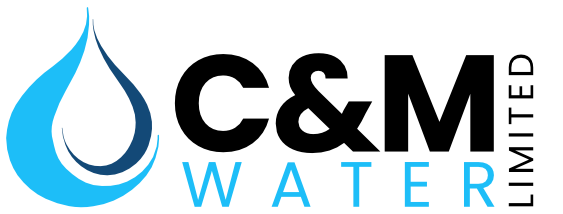
RPZ Valve Testing
Reduced Pressure Zone assemblies
-
RPZ Regulations
-
RPZ Testing
-
Reduced Pressure Zone assemblies - RPZ Regulations - RPZ Testing -
What are RPZ Valves?
Type BA backflow protection devices are more commonly known as Reduced Pressure Zone assemblies or RPZ valves and are extremely important devices used to keep contamination or pollution out of your water. Specifically, these devices are installed onto your plumbing system to help protect both drinking water and the main water supply.
RPZ valves are commonly used on commercial premises where high water quality is essential, such as food processing plants, breweries, hospitals, health centres, swimming pools and spas. They also provide a way of protecting our water supplies from industrial contamination from commercial enterprises such as launderettes, factories using dyes and ink, car washes and degreasing plants.
Regular RPZ valve testing is necessary to safeguard your clean water system from contamination. It is a legal requirement to have these devices checked on a regular basis, at least yearly, to ensure they provide the backflow protection required.
How Do RPZ Valves Work?
Reduced Pressure Zone valves are designed to prevent contaminated water from flowing back into the clean water supply. RPZ valves essentially safeguard your water from contamination of any kind and help protect public health. Based on the design of a double one-way valve system, if the pressure of the water on the outside exceeds the pressure on the supply side, the valves will close, preventing potentially contaminated fluid from getting into the supply line. The RPZ valve has an additional relief valve which comes into operation if one of the other valves leaks – in which case the relief valve opens, discharging water into the atmosphere so the contaminated water cannot enter the clean supply. Therefore, if there is no water leaking from the relief valve, you can be sure the one-way valves are working perfectly.
What is difference between RPZ and backflow preventer?
The RPZ valve lets you know that its working properly. RPZ backflow preventers consist of two independent check valves. They work like a double-check backflow preventer, but they also have an intermediate relief valve that opens to atmosphere if both check valves should fail.
What Are RPZ Valve Regulations?
As an employer it is your responsibility or the responsibility of 'the duty holder or a designated responsible person to ensure your business complies with water regulations. Due to the importance of the RPZ valve in safeguarding your water systems it is a legal requirement to have these devices checked on a regular basis, at least yearly, to ensure they provide the backflow protection required.
Closed System Testing should be carried out at least quarterly or when a system has changed and new or additional pipework has been installed.
RPZ Valve Testing
FAQs
-
RPZ testing must be undertaken by a qualified, and competent person having undertaken a RPZ valve training course and have a good understanding of the requirements to complete servicing.
-
All of our engineers are fully qualified with City & Guilds training, they also hold certification in the water advisory regulations scheme, Pwtag ( The pool water treatment advisory group) and unvented systems, and can help assist you in meeting compliance today for HSE (ACoP L8), and provide landlords with guidance for hot and cold water low risk systems. so you can rest assured that you are working with a trusted water hygiene service provider who put health and safety first.
All our engineers are enhanced DBS Checked to ensure suitable people are entering your premises and to safeguard vulnerable people. We are committed to maintaining the highest standards within our industry.
